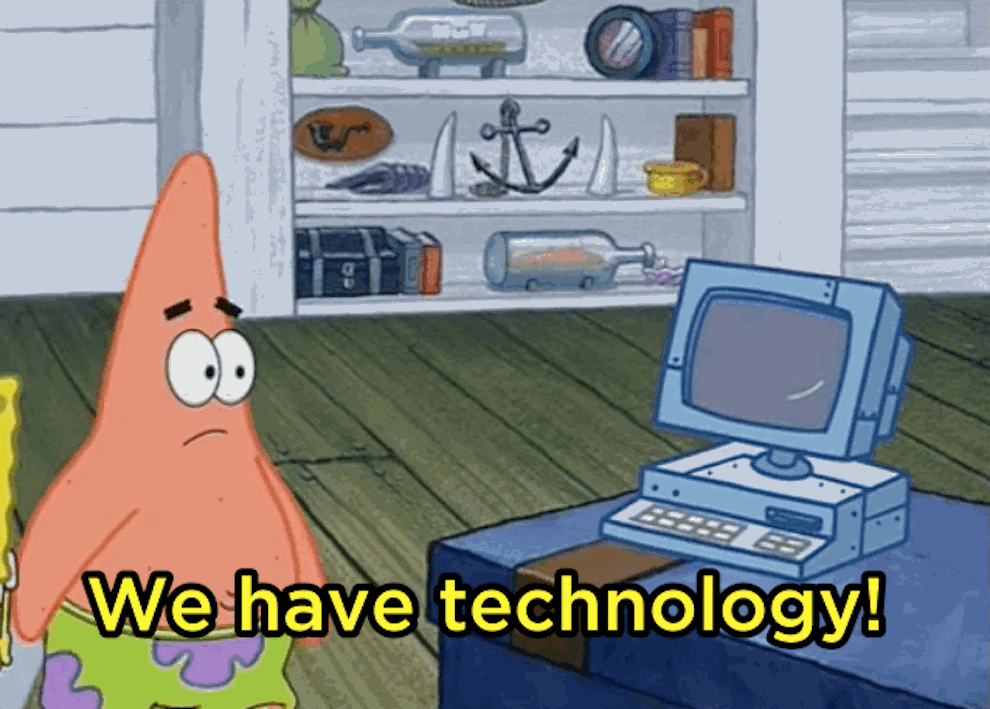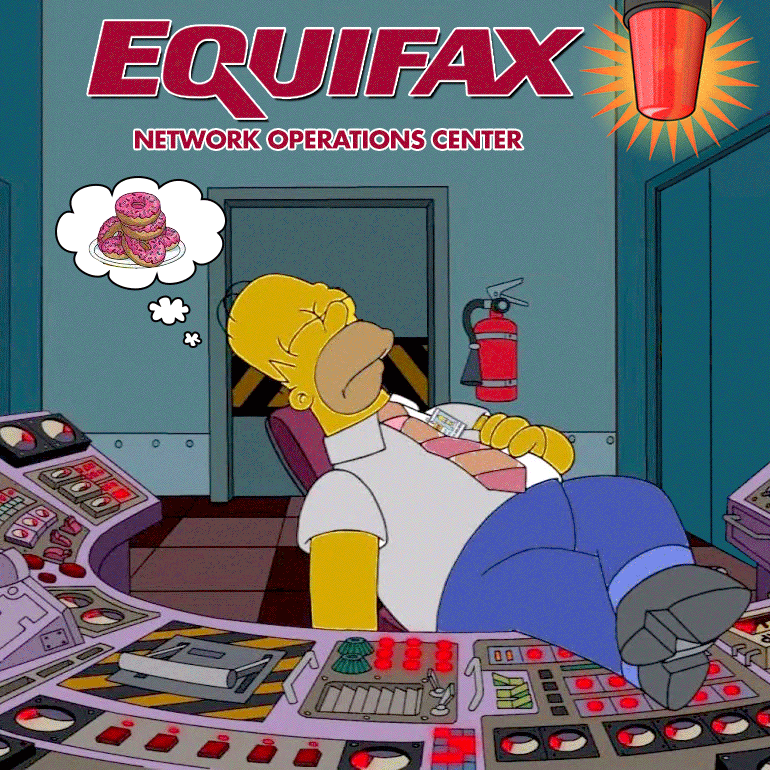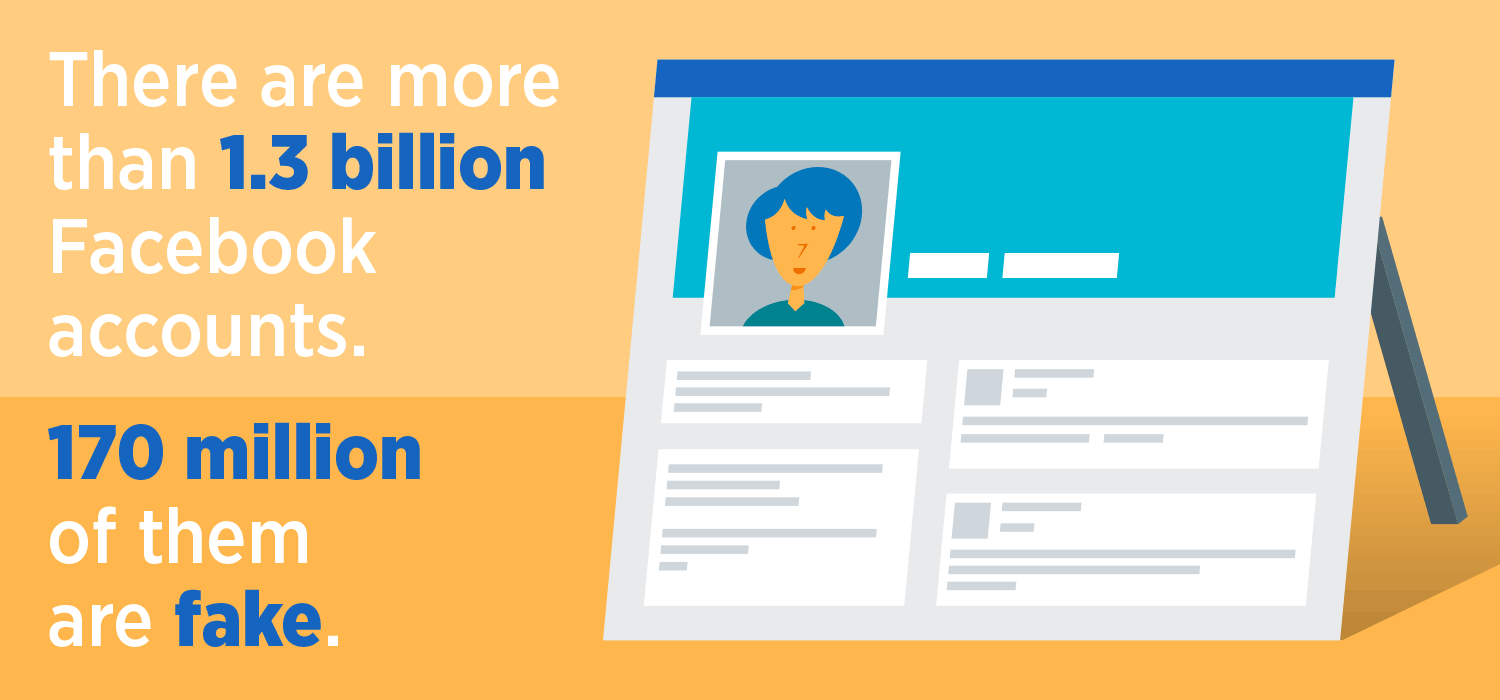You might have clicked on this article when you saw it as a Facebook ad. Maybe you noticed it on my Facebook page. Maybe someone sent it to you as a link. Maybe it’s just something you glimpsed in passing while flipping through 50 other tabs.
In whichever way you managed to stumble upon this article, ask yourself these questions: Did I see any strange advertisements? Did I get any notifications to block pop-ups? How does my bank account look?
Chances are, you are 99% safe. You should have some sort of antivirus protection on your computer, you probably didn’t make any payments on the Odyssey website and I hope you didn’t click on any of those annoying advertisements that keep breaking up my article.
But let’s flash back to earlier in 2017. First there were the Shadow Brokers, a mysterious group that stole a few disks of top secret National Security Agency information regarding vulnerabilities in major software like Microsoft Windows, and dumped it on the internet.
The Shadow Brokers made computer systems WannaCry, introducing the infamous WannaCry ransomware that locked people out of more than 200,000 computers across the world and forced them to pay some amount of money to get back in. Victims consisted of people in banking, hospitals, and telecommunication industries, but WannaCry is most notable for its damaging effects on the British National Health System. When WannaCry locked hospital employees out of their computers, ambulances had to be redirected and operations cancelled.
WannaCry malware demands bitcoin payment in exchange for unlocking the files.
The Shadow Brokers and WannaCry paved the way for Petya, whose main target was Ukrainian infrastructure and infected Microsoft-based systems.
Don’t forget the Equifax breach, in which hackers seized names, Social Security numbers, birth dates, addresses, and even license information of around 143 million people. Equifax had failed to promptly install a security fix that most corporations use. The hackers discovered this flaw 2 months before Equifax did, allowing them to take advantage of the time window and put many people at risk for identity theft.
And then Russia hacked over 10,000 Twitter accounts belonging to people in the US Defense Department, targeting their interests with advertisements that—when the victims clicked on them—allowed Russia to take control of their phones, computers, and Twitter accounts. And in September, Facebook released a blog post announcing that more than 3,000 advertisements between June 2015 and May 2017 were linked to Russia. Currently, Facebook is working to double it safety and security staff to 20,000 employees.
CNN Tech advises seven tips from hackers including turn off your phone’s Wi-Fi and Bluetooth when you are not using them and use a two-step authentication with multiple passwords. These tips, along with watching what you click, can help you avoid getting hacked.
I hope you managed to get through this article without accidentally clicking on the minefield of random advertisements. Watch what you post online, where you enter personal information, and what you set your passwords as. Privacy is only privacy until it is leaked.


























